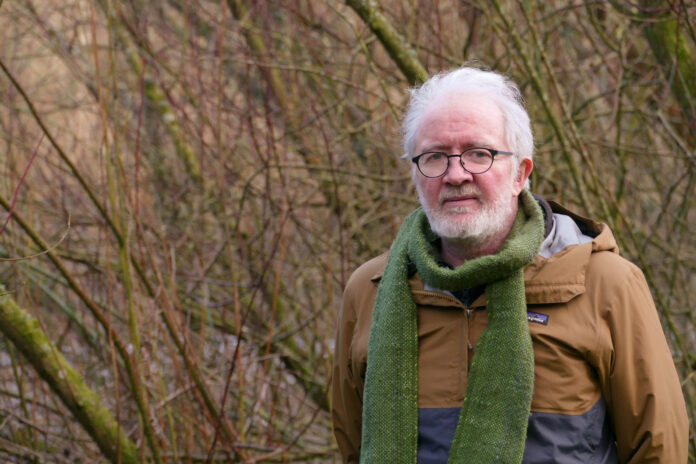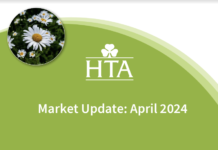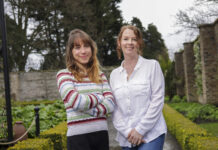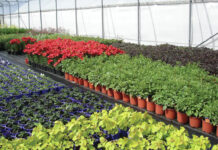The final report of the working group set up to examine the use of horticultural peat moss by Minister of State at the Department of Housing, Local Government and Heritage, Malcolm Noonan was published today.
(Read the full report below)
The working group was established in October of 2020 following the Government’s publication of a Key Issues consultation paper in relation to a ‘Review of the use of Peat in the Horticultural Industry’. This followed a series of High Court decisions which determined that large scale peat harvesting requires planning permission and licensing by the Environmental Protection Agency. The Working Group was tasked in particular with examining the potential of alternatives to peat for the horticultural industry.
The group was chaired by Dr Munoo Prasad, and the final report was submitted to Minister Noonan on October 20 of last year. Since then there have been calls from representatives across the horticulture industry for the report to be made available to the public.
Today’s report shows that there was general agreement across all members of the working group that the use of peat in horticulture should be phased out by 2030 or by the very latest by 2035 providing alternative materials were available. Along with the report, a Series of Actions has been proposed, which can be found here.
However, there was also a recognition that peat is “required in the short term in many
sectors of the horticulture industry, for the medium term in professional horticulture until alternatives are available and for a longer term in some of the difficult professional horticultural sectors e.g. mushrooms, propagation and ericaceous species. Members of the working group felt that Irish peat should be available to fulfil this need and that importing peat, growing media and alternatives from outside Ireland does not make
environmental, economic, or ethical sense.”
The report acknowledged that, “currently there are no viable alternatives to peat as a growing media that have been proven to be available, affordable and sustainable and meet quality as well as environmental requirements.”
The report also recommends:
- That the horticulture industry needs to explore the exempt development provisions for peat extraction under the planning code to ascertain if these may provide the basis for a solution to its needs in 2022 i.e. the potential to harvest from <30 ha peat bogs from already worked bogs, where the drainage of the bogland commenced prior to 21 January 2002.
- That primary legislation should be drafted by the relevant Government Departments in order to move from the current dual consent system to a single consent system as is the case in all other EU peat producing countries
- That Irish peat should be available over the short term in sufficient quantities from existing ”ecologically destroyed” bogs that were prepared for harvesting for the last few years and are lying fallow, provided amendments are made to the current legislative provisions for large scale peat extraction – for the professional horticulture sector this is absolutely critical for the 2022 season.
- That a study should be made on the total quantities of biomass available in Ireland. This should include conventional waste such as green waste and bio waste but also hedge and grass clipping, brewery waste, canal organic waste etc.
- Following a comprehensive review by growing media producers and the horticulture industry, if a deficit is identified in the supply of wood based material as a peat alternative to the horticulture sector, consideration should be given to supporting the production of crops that could supply this material.
- As part of ongoing and future research, a life cycle analysis should be carried out on all peat alternatives as well as Irish peat.
- That increased investment in research is needed immediately on the potential for the use of alternatives to peat in the Horticultural Industry.
- That the Government should facilitate the creation of a Growing Media Centre of Excellence which could be a national repository of research and development in the exploration of peat alternatives and new horticultural methods.
- That given environmental, economic and ethical concerns, the import of peat, growing media and alternative materials should only take place under special circumstances e.g. to make up a shortfall.
- That peat usage in the retail sector should be eliminated by 2025 providing suitable alternatives are available.
The full report can be read below:










